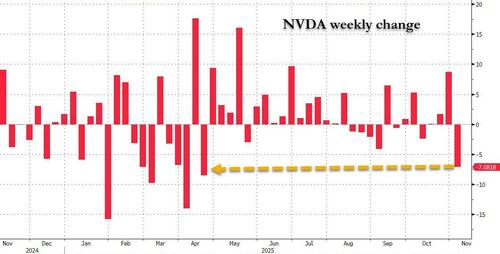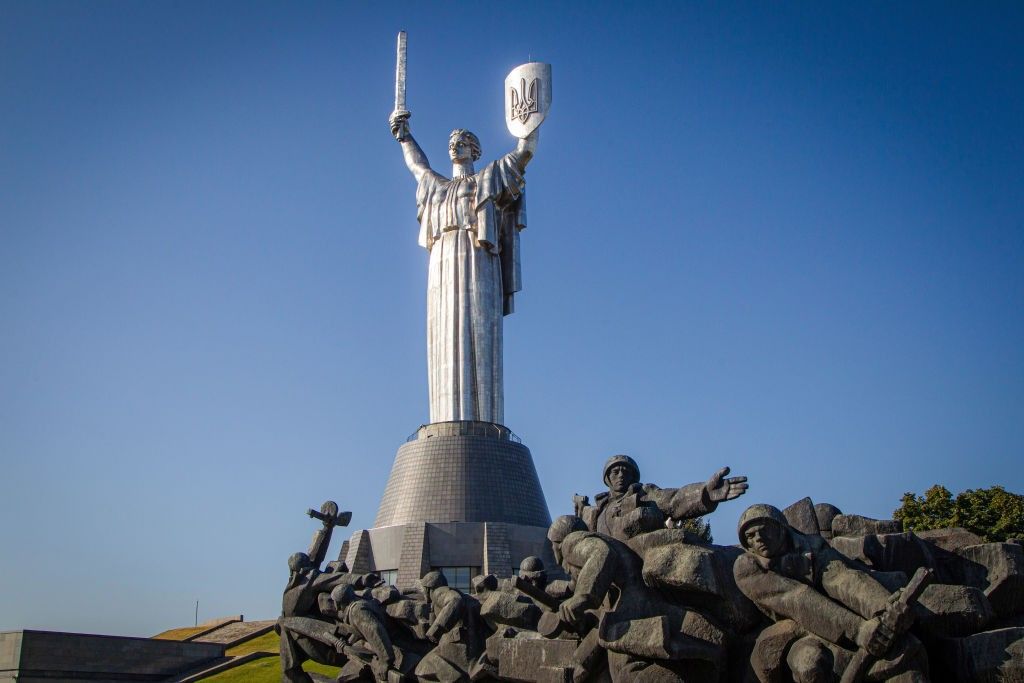Carnatic music is mind-boggling. You would know if you were to listen to this classical style of music. But this piece is about Karnataka’s politics, not music. The similarity is that Karnataka’s politics is complex, just like Carnatic music. National parties have little choice but to rely on local bigwigs to steer their ship in the state. The latest example is the forthcoming elections on May 10.

At the last election, Karnataka denied political parties a clear mandate in the 224-seat legislature. Despite its best efforts, the Bharatiya Janata Party (BJP) fell nine seats short of a majority with 36.43% votes. The Congress cornered 38.6% votes, but won only 78 seats.
Naturally, the scenario favoured regional parties. Former Prime Minister (PM) Haradanahalli Doddegowda Deve Gowda’s Janata Dal (Secular) became the kingmaker. It bagged 27 seats with 20.6% of votes, and Deve Gowda, instead of making someone else the king, installed his eldest son, HD Kumaraswamy as the chief minister (CM). Because the JD(S) campaigned against the BJP, claiming to be secular, it could not explicitly support the saffron party. Kumaraswamy became the CM after several rounds of talks with the Congress. But there were too many cooks in this arrangement, and the broth was sure to be spoiled. The partnership, as expected, did not survive long.
The last assembly elections were fought on issues such as corruption, unemployment, and social harmony, and, surprisingly, the Opposition still relies on those same old issues now. The Congress has been fighting against “40% commission Sarkara” for more than a year. Could natural discontent with the state government and suspicions of corruption provide the Congress with an absolute majority in this election? It should not be forgotten that during his Bharat Jodo Yatra, senior Congress leader Rahul Gandhi spent 21 days — the longest in a state — in Karnataka. At the time, leaders of the state Congress’s two main factions — one led by former CM Siddaramaiah and the other by state Congress chief DK Shivakumar — came together. So, can the Congress overcome its self-harming infighting?
It is a political adage that rebellion within the ruling party is far more destructive than a rebellion by the Opposition. During ticket distribution, the BJP lost some big names such as Jagadish Shettar, a former CM and Laxman Sangappa Savadi, the deputy CM — both powerful Lingayat leaders. Ten Members of the Legislative Assembly (MLAs) and Legislative Council members, including Savadi, have left the BJP.
The Lingayats, who account for 17% of Karnataka’s population, have traditionally supported the BJP. BS Yeddyurappa is the most visible political face of this community, but with Shettar and Savadi gone, there is concern that this vote bank would be weakened, though the BJP’s roster includes 68 candidates from the community, who could counteract the insurrection. That the BJP refused tickets to nearly 20 existing MLAs and this is fuelling further discontent. But will the exit of these leaders lead to a breach in the BJP fortress?
Many are already making conclusions after three JD(S) MLAs, Shettar and Savadi, joined the Congress. But keep in mind that the BJP’s election machine is famed for leaving no stone unturned till the final vote is cast. No wonder PM Narendra Modi personally contacted five-time MLA KS Eshwarappa after the party decided to refuse his son a ticket and praised him for his commitment and service to the party. PM Modi also frequently speaks with BJP workers. Clearly, the BJP wants to demonstrate to its workers and leaders how concerned the PM is about this election. Besides, Union home minister Amit Shah and BJP president JP Nadda are campaigning there day and night. Yogi Adityanath, the CM of Uttar Pradesh, has also been utilised to polarise voters.
Another question emerges here. Will these elections have any bearing on the 2024 general elections? In 2019, the BJP won 27 of the 28 Lok Sabha seats there. This figure, in and of itself, answers the question. During these elections, the Congress and the JD(S) ruled Bengaluru. The people of Karnataka saw the assembly and Lok Sabha elections differently in the two general elections held after PM Modi’s debut on the national political stage.
However, if the Congress can form the government in the state, the champions of Opposition unity will undoubtedly benefit in 2024. Also, efforts to negotiate with the Congress will be heavily influenced by it. This is why Rahul Gandhi and Priyanka Gandhi Vadra are sweating it out in Karnataka. Also, Congress president Mallikarjun Kharge is interacting with the state leadership as it is his home state.
Let us wait and watch to see which of these political melodies strikes a chord with Karnataka’s voters.
Shashi Shekhar is editor-in-chief, HindustanThe views expressed are personal















